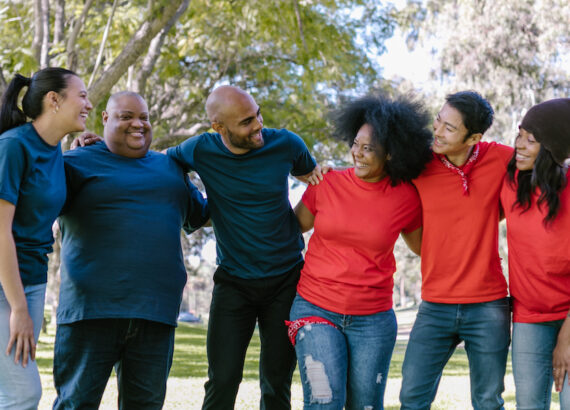Different Types Of Grief That Don’t Involve Death
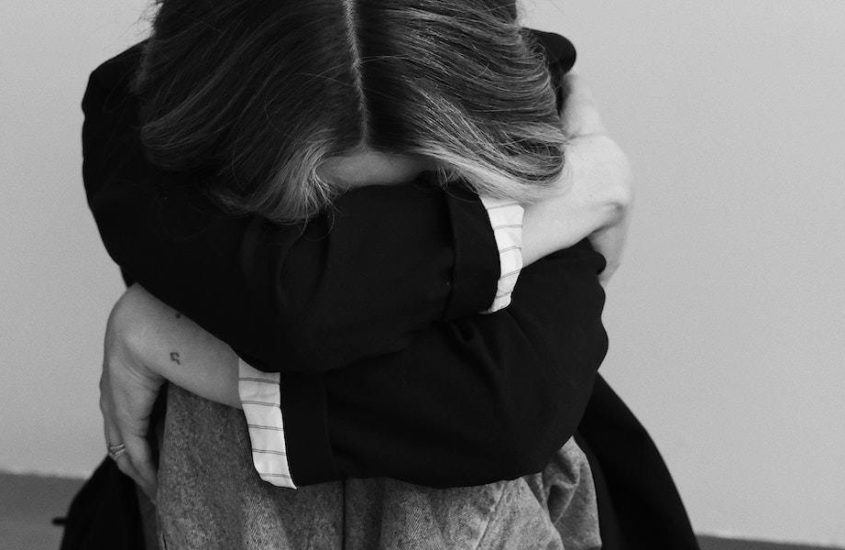
Everyone experiences grief in a different way, even if it doesn’t involve a death. Grieving has a deep and natural association with death, but the definition of grief isn’t limited to that. Grief is a reaction categorized by a series of emotions, the dominant one being a deep sense of loss in some form and suffering or distress in response to that loss.
Loss can be seen as a multitude of things. When you feel a sense of loss, you might not recognize it as an effect of the grieving process you’re likely undergoing. Anything that feels missing in your life can be considered a loss if it’s causing you distress after the fact, especially to the point that your life is disrupted.
You can grieve the loss of a friend, family member, significant other, a pet, and none of them have to be deceased to cause the same emotional and psychological impacts as a real death, along with the physical impacts. If you’re having a hard time adjusting to some sort of change in your life, that can still be considered grieving. Change can be hard to cope with and it goes hand-in-hand with symptoms of grief.
Take a look below at some of the lesser-known types of griefs that you might not be aware of.
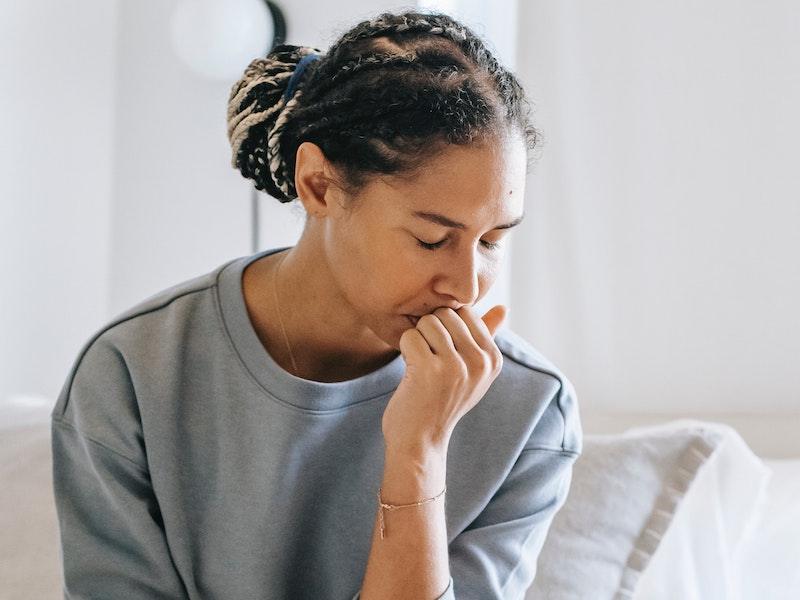
Loss Of Financial + Worldly Goods
It may seem materialistic or selfish for you to grieve stuff and money but it’s 100% possible. In terms of our possessions, the loss of the things we rely on and interact with consistently will surely be missed if they’re suddenly not there anymore.
The same goes for our funds. Let’s say you made a poor investment choice or overspent, whatever the scenario that led you to being in a precarious financial situation – you end up there. Grieving the loss of that money is to be expected.
Don’t let judgment get in the way of acknowledging your grief when it comes to things. A significant loss related to money might be easier to justify, but when it comes to belongings, you might be pre-conditioned to think, “anything can be replaced” or “don’t be greedy,” which is one of the worst things you can do at that moment.
Accept your feelings and start your grieving process by thinking of the hope that exists to reclaim what you lost or replace it in the future. Nothing is truly lost if you find value and joy in new things and other possibilities of earning in the future and are cognizant of that opportunity.
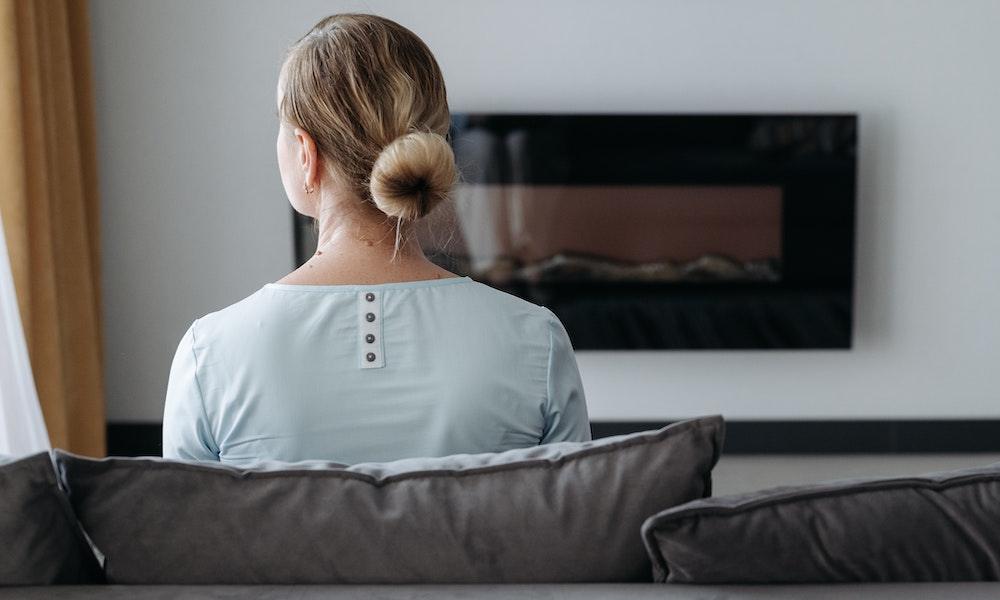
Loss Of Personal Ability + Identity
This type of loss is common for those who injure themselves or lose the ability to do something that was part of their identity. An example would be athletes feeling less capable of performing certain physical acts as they get older or have an issue come up health-wise that limits them. The loss of something like an ability that made you feel competent and genuinely you can be a devastating loss for many reasons.
Your skills and abilities are often tied to your sense of self, so when those skills and abilities are no longer possible for you, it can inconspicuously impact how you see yourself. Before you know it, you have built up insecurities related to what you are and aren’t capable of doing.
For instance, if you experience problems with your vision or your hearing, you might feel like you aren’t able to navigate the world as well, which might affect your confidence level and inclination to do things. If you aren’t sensitive to those feelings, they could worsen into a form of grief that lasts as long as your symptoms do.
In order to make peace with a shift in your identity, you need to come to terms with the new version of you and not see it as a downgrade. Change is constant in life and nothing is guaranteed forever. Assume that you would have had to deal with being good at new things as your interests and your world inevitably changed with time.
Related: 6 Ways To Boost Your Self-Esteem When You’re Feeling Down
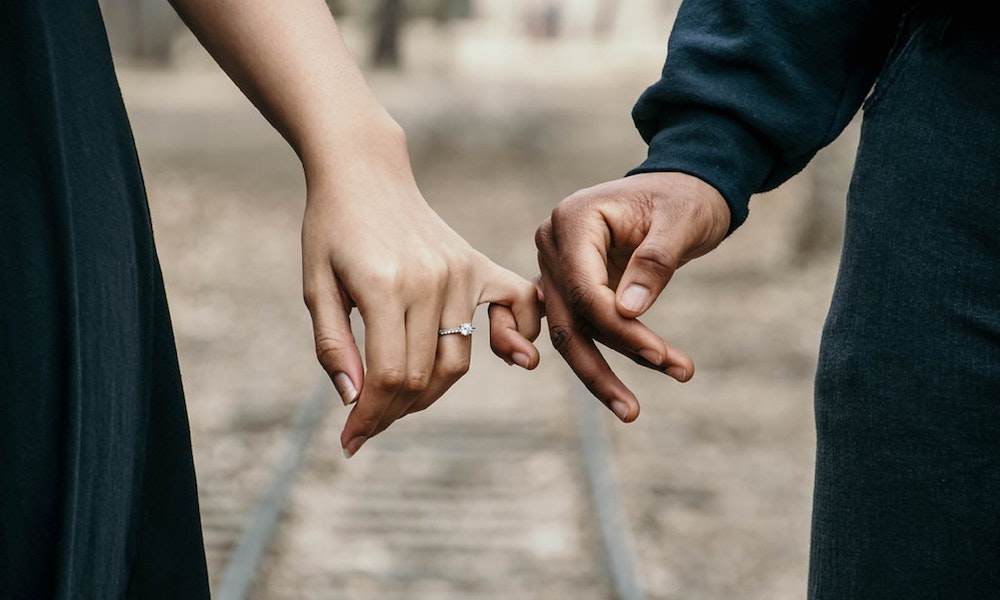
Loss Of Relationships
The loss of a person is most often thought of as unwilling or unavoidable, like death. What’s just as damaging to the person who experiences the loss though is a relationship that ends and also means they lose a person in that sense. This loss can be affiliated with any sort of relationship from romantic partners, to family members, and even pets.
When you feel the loss of a relationship, you likely feel vulnerable and lonely. The relationship you lose is important to you and its absence from your life will be immediately obvious, especially at the start.
You likely spent a lot of time nurturing the relationship and thinking of those involved in it. When you unconsciously think of that relationship throughout your day before it ended, it’s only to be expected that you would continue to do so despite that connection being cut out of your life.
It may seem impossible to have a future that doesn’t include that relationship, but many have been able to continue life despite this type of loss. When people divorce or a pet runs away, or a parent walks out of their life suddenly – there’s probably a period of grieving, and it’s necessary.
Find acceptance in your own time and comfort; don’t feel pressured to act normal or okay, overcoming the pain of loss is no easy feat, especially when it comes to our relationships.
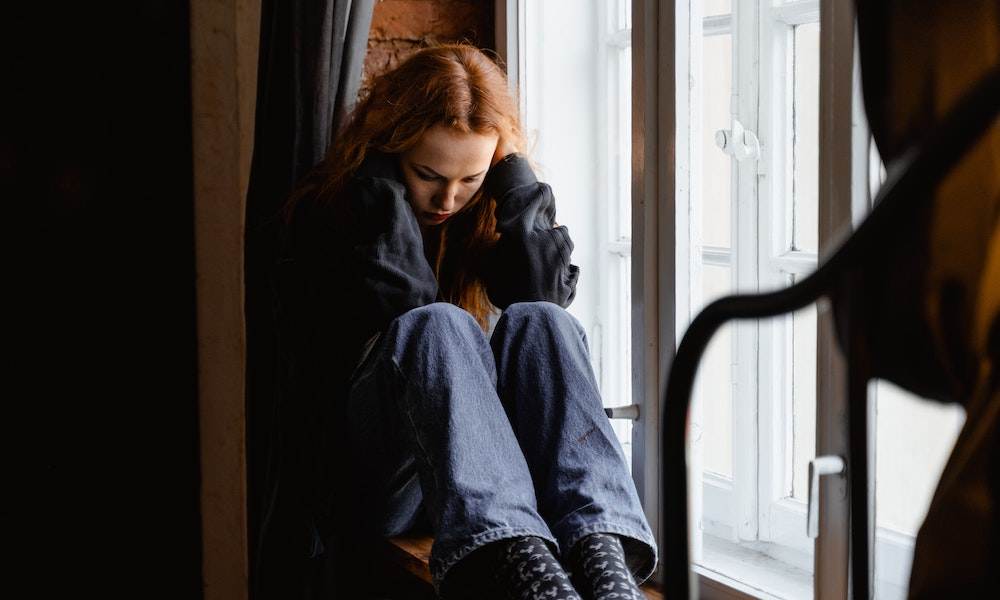
Loss Of Expectations
Do you ever feel like you’re let down by certain aspects of your life? Maybe you expected to have a certain job by the age of 25. Maybe you wanted to purchase a home after you graduated college. Maybe you intended to go to college and you didn’t.
Losing your hopes or expectations for something can cause grief, like anything else that you experience feelings of loss for. You might not even be aware that you hold certain expectations until you’re faced with their unlikelihood. Did you have aspirations to do things that are no longer possible? If it’s causing you anguish just thinking about it, then you’re grieving the loss of those possibilities.
The expectations often involve something out of your control. Like applying to ivy league schools and not getting accepted, or harboring certain ideas about how your family should be and them not “living up” to those ideals. You could have been counting on those expectations being met. If they aren’t, you could be dropped into a place of uncertainty and fear. Where do you go from here if what you envisioned for yourself isn’t possible?
When things don’t work out the way you thought they would, it’s okay to slow down and face it. If the loss of those expectations has crushed you, then it’s time to adjust how you set expectations. Is it reliant on others? Is it a realistic expectation that puts your health and wellbeing first? Consider what you’ve achieved in the past and if you’ve appreciated those accomplishments. You can still meet expectations and you have – many times. Don’t lose sight of that.
Hana Othman
Latest posts by Hana Othman (see all)
- How To Plan a Retreat as an Introvert - April 26, 2024
- An Introvert’s Guide to Enjoying Group Tours - April 23, 2024
- Designing the Perfect Home Office for Introverts - April 18, 2024







